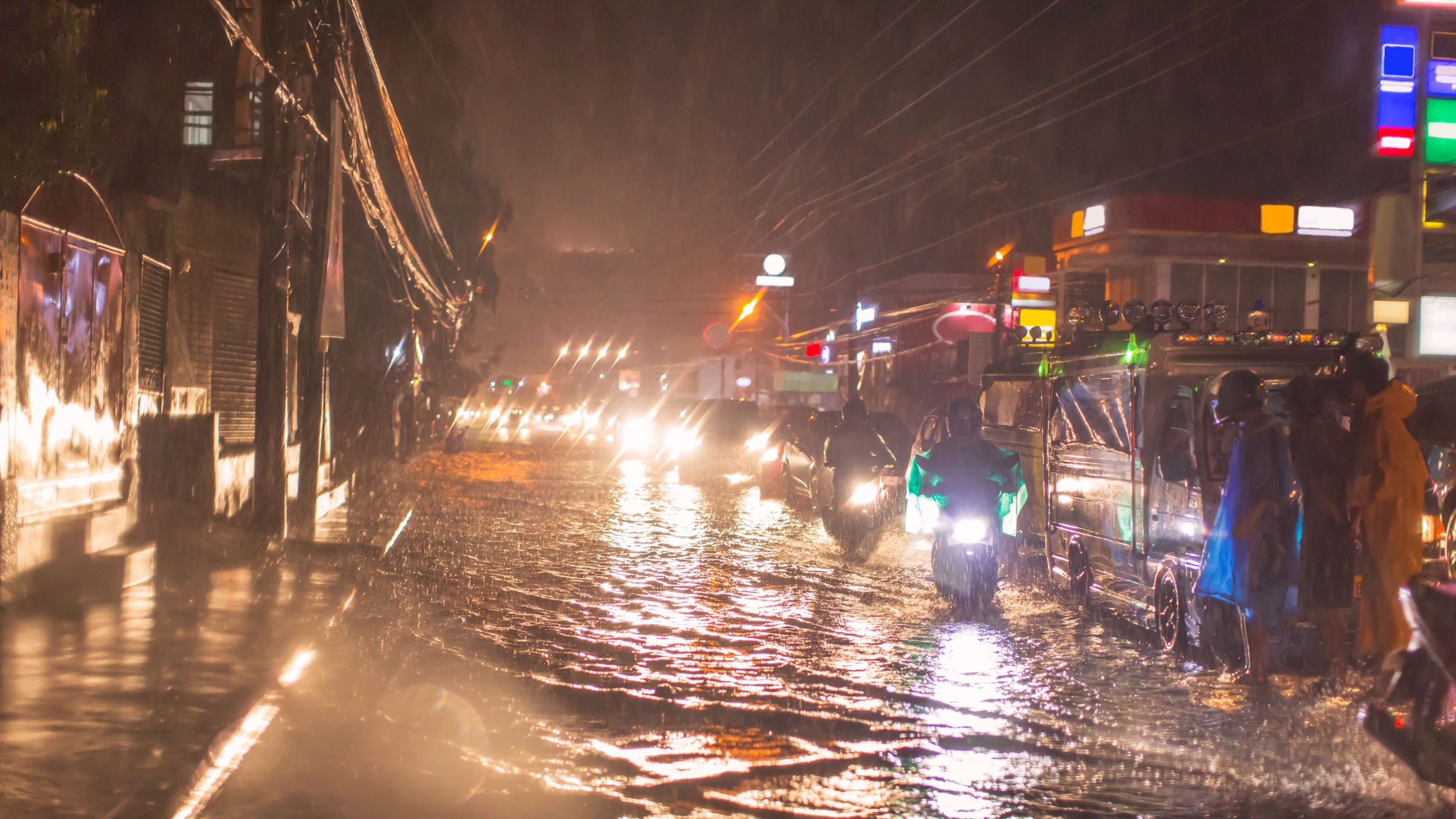Maria Ressa, a journalist in the Philippines who edits online news site Rappler, was yesterday found guilty of “cyberlibel” after her news outlet reported alleged links between a prominent businessman, Wilfredo D Keng, and a top Filipino judge.
The trial and verdict is the result of what Rappler supporters allege is a years-long attempt by the Filipino government to stifle the publication’s output. After the verdict was handed down, Ressa’s human rights lawyer Amal Clooney commented that the “court had become complicit in a sinister action to silence a journalist for exposing corruption and abuse.”
Ressa may receive a sentence of up to six years in prison for this guilty verdict, but she also stands accused of other crimes in the Philippines’ courts. In total, if found guilty of all charges, she may be sentenced up to 100 years in prison. These court cases come after a number of other journalists in the region have been subject to legal cases, which some believe are politically motivated or an attempt to stifle freedom of the press. The President of the Philippines, Rodrigo Duterte, certainly has given no reason to dispel this image. In 2016, he commented that “just because you’re a journalist, you are not exempted from assassination.”
What is Rappler, and why has it caused controversy in the Philippines?
Rappler is an online media outlet that was founded in 2012 by Maria Ressa, a Filipino-American investigative journalist who previously worked as a reporter for CNN. Rappler has often clashed with Rodrigo Duterte, the president of the Philippines, who entered office in 2016. Rappler’s reporting has been critical of Duterte’s leadership, and has exposed corruption in his populist anti-drugs campaign. Duterte’s anti-drugs campaign has led to the extrajudicial killing of as many as 27,000 people, according to some human rights groups. Some observers have compared the killings in Duterte’s war on drugs to genocide.
Rappler also reported on online fake news, and bot farms, which have bolstered popular support for Duterte. The Philippines have been known informally as the world’s fake news capital, with 97% of its population obtaining news from Facebook. Rappler has alleged that Duterte’s campaigning teams routinely mass-produce fake news stories on the site to boost public support for the Philippines’ president.
Rappler has been partnered with Facebook since 2018 as an official fact-checker, in an initiative to combat online fake news in the country. However, Rappler has on occasion expressed frustration with Facebook in this task, as the site’s administrators prefer to deboost (that is, push lower down a social media feed) posts containing fake news instead of removing them from the social media site entirely.
The 2012 Filipino cyber crime law under which Ressa has been tried had not been passed until four months after the article in question was written, raising questions as to the legality of the case. Despite this, the justice department insisted the trial go ahead on the grounds that the article was updated in 2014, to correct a spelling error. The case comes after multiple legal cases have been filed against Rappler as a company, and several of its reporters, in what some observers view as a concerted attempt by Duterte’s leadership to limit freedom of the press in the country. Duterte denies the trials are politically motivated.
